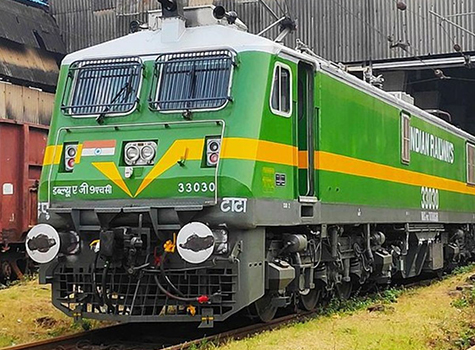
You know, if a year ago you had sat me down over a beer and asked me the consequences of this global disaster, I might have given you my dire amateur opinion. Wait, I actually did that. As the world gradually started shutting down, I grumbled from behind the only mask then available in a panicked market – the one I used to mow grass with. “It’s going to be bad,” I would go. “Soup lines wrapped around the corner; people dead on streets; millionaires and billionaires going bankrupt.”
Bwahahaha!
Last week, I had a meeting with a business partner (this time I had a better mask), and saw him at his laptop when I walked in. “Was just checking my investments,” he smiled. “Put $20,000 in last month. I now have $60,000.” Lots of things flashed though my head at that moment. What happened to the global market collapse? The rich seem to get richer. What part of the economy is hurting? My father looking over his Newsweek magazine and saying, “Stocks are gambling; and they don’t generate any jobs.”
This business partner gave me a phone number scribbled on the back of a Publix receipt. “He charges $500 and you get his daily email with recommendations and his weekly newsletter. But keep it under your belt.” I stared at it when I got home. Tripling my money every month. Wouldn’t that be great. What would I buy with that windfall? Problem is, I couldn’t think of anything. I do need a grease catch tray for my grill … but that doesn’t require buying and selling bank or tech stocks. I threw the number in the trash.
And here we are now. The market is supercharged. Billionaires have mostly increased their wealth by 10-30 percent during the pandemic year. If your industry was rich, you got a government rescue. If you donated to your congressman, you got something in the next bill being passed. If you were part of even the lousiest performing mutual fund on Wall Street, you got richer in the economy that was supposed to collapse during this global crisis.
For weeks now I have been pondering what the billionaires want from me. Do they love me? The answer turned out to be rather simple: They love me. I am the debutante all of them are trying to court for that dollar in my wallet. Which nerd-stud do I go with? Is it the billionaire with no tangible assets like Facebook? Is it the billionaire who delivers things like stainless steel appliance polish right to my door like Amazon? The billionaire who has curbside socially distanced grocery delivery like Walmart? So many choices.
While it is easy to credit government policies for salvaging nations and the world economy from total collapse during this pandemic, the truth may be that the open marketplace continued to offer the same goods and services it always had. On any given day, we make the same choices we always made after buying the vital, vital essentials like food and toilet paper. In 2019, before the virus, you had the same dollar in your pocket, and the same tough choice. Where do I spend this? And the billionaires were still fighting for that dollar.
Looking back at my credit card statements for tax purposes I noticed that I had spent over $5,000 on Doordash and other food delivery services alone. I had food delivered to my home, but also to the kids, and to relatives across the country in hard hit areas. It seems awful and wasteful. But thinking about it, I simply shifted my spending habits from one billionaire to another. I just made one stockholder richer than the other. My food delivery actually kept lots of local restaurants open, and lots of delivery guys employed. My online purchases kept warehouses open and delivery trucks running. Economies are flexible creatures. Unless the loyal subjects run out of money.
I have been scratching my head about this issue for a while now. And consumer behavior remains a mystery to me. I mean, where do you start cutting those expenses when it really hits the fan? I have talked about monetary velocity much over the years. The same dollar yanked out of your pocket continues to travel and ripple through the economy in a complex way. That dollar can generate many jobs because it keeps getting spent over and over. The meager stimulus payments barely make a month’s rent for most people, but unless tucked under a mattress by the landlord, the money moves through the economy in a pretty sophisticated manner.
In the end, the rich don’t lose sleep over running out of money. They can spend millions every week and still have billions left over on their deathbeds. They worry about us running out of money. It’s about that one dollar, and the competition for that dollar. When the going gets rough, what decisions do you make about where to spend that dollar? That’s where the big sell happens. Is it Netflix or canned beans? Is it the vacation or the rent? Is it new sneakers or tomatoes?
I am sort of on a budget. But I am also on a mental health roller coaster during a time when income is low and social interactions are limited. The entire planet is butting its head against the gate to be let out, so it can breathe again. And in this unique time, in this once-in-a-lifetime crisis, we have that dollar, and we have the call of the capitalistic wild waving at us, and sometimes we make strange decisions. We are not big stockholders. We don’t own islands. We don’t fly on private jets. Sometimes instead of food, we buy jeans because… because?
———-
Ahsen Jillani a former editor and publisher, is originally from Islamabad, Pakistan, and now lives in Mint Hill. He owns Must Media, a PR company focusing on both political and corporate clients.
Posted: Monday, May 3, 2021



